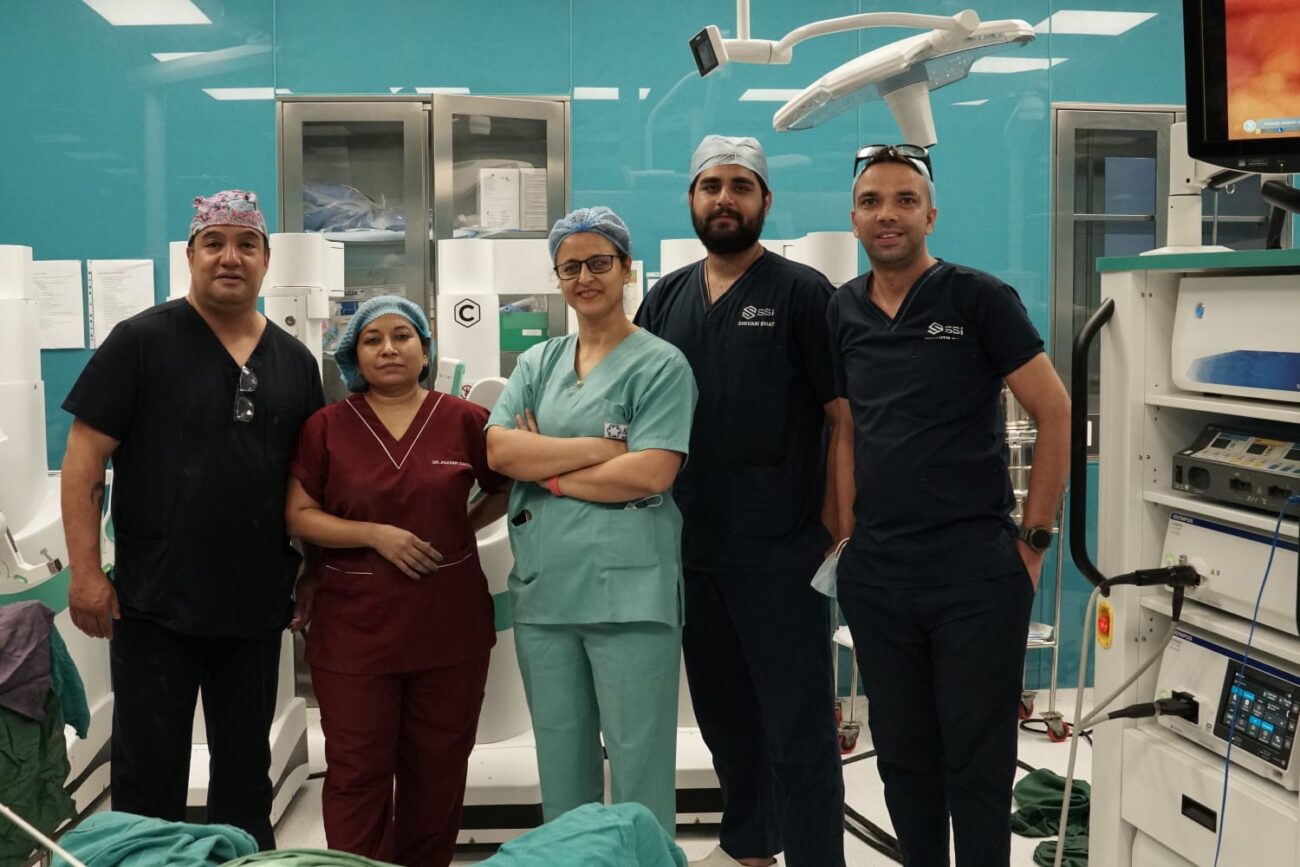CANCER AND MENTAL HEALTH
Dr. Hiba Siddiqui Senior Psycho-Oncologist, Max Institute Of Cancer Care Hearing the words, 'You have cancer!' often results in severe, and sometimes permanent changes to one's way of living and well-being. The impact transcends into professional functionality, financial
Dr. Hiba Siddiqui
Senior Psycho-Oncologist, Max Institute Of Cancer Care
 Hearing the words, ‘You have cancer!’ often results in severe, and sometimes permanent changes to one’s way of living and well-being. The impact transcends into professional functionality, financial stability, familial and social relationships and one’s own sense of self and worth.
Hearing the words, ‘You have cancer!’ often results in severe, and sometimes permanent changes to one’s way of living and well-being. The impact transcends into professional functionality, financial stability, familial and social relationships and one’s own sense of self and worth.
Experience of Cancer
I often discuss how cancer never happens to an individual, it happens to an entire family. There are lots of emotional changes and upheavals that individuals go through from the time of diagnosis, through the treatment processes and many times after recovering as well. Cancer as an experience, is not
merely a ‘before and after event’ in one’s life, it’s an impact which stays with you for a lifetime.
At the initial stages of diagnosis itself, many thoughts crowd one’s mind: “Why me?”, “I’ve never had any serious health issues before, how can I have cancer?”, “I’ve never committed a sin, why am I being punished?”, “I don’t want to die!” These are serious questions with no easy answers. Living with cancer often poses a challenge to one’s emotional and mental well-being. There are moments of disbelief, the need for reassurance, and sometimes choosing to not go ahead with the treatment.
Extending the impact of the diagnosis to the caregiver, the intensity and burden of fear, worries and trauma associated with the illness can take a toll on their well-being. Such distress, if ignored or prolonged can result in what is known as ‘caregiver burden’. Families many a times are unable to share the diagnosis with the patient themselves or the children involved. This leads to lack of awareness, neglected self-care as well as ignorance to one’s own treatment.
Living with Cancer
The condition of cancer is often times described by patients as an unwanted guest who has entered your body without your permission, and now refuses to go away. Some patients diagnosed with cancer find the life altering experience challenging.
Quality of life faces an impact in multiple aspects such as personal, social, professional, financial and psychological. Not only this, cancer impacts various sides of aperson including interpersonal relationships, sexuality, self-esteem, career and lifestyle.
However, many cancer survivors also report how the experience of cancer has had a positive impact on their mental health. They further discuss how this has made them focus more on what’s important, and find a new appreciation for life. Having said that, this is highly dependent on the intensity of diagnosis, treatment and one’s physical and mental health prior to the diagnosis.
Silent Impact
Physical and hormonal changes are pretty common. These often raise concerns around one’s sexuality and functionality. Despite of advocacy and growing awareness, such concerns are often unspoken and unaddressed; “Why don’t I have the desire for sex anymore?“; “What if my performance does not satisfy my partner or me?“; “Why do I not feel as close to my partner as I used to?“. It is the need of the hour to encourage the de-stigmatization of cancer, through informed expectations and psycho-education about the impact of treatment.
Distress often sets in at very crucial junctures for the patient during his or her process of treatment. This increases the need for psychological support throughout, continuously assessing and supporting one’s mental changes. According to international guidelines, ‘distress’has been identified as the sixth vital sign in order to integrate the psychosocial realm in holistic, routine cancer care.
As a lay person, thoughts about cancer often brings associations with death and dying. Ironically, living with cancer does not always imply the end of life. It has often been seen that patients are able to go through their treatment smoothly and continue to lead fulfilling lives thereafter.
Psychological interventions with patients and their families can also involve working on their strengths and existing coping skills. Therefore, it is possible for people to lead normal, uninterrupted life, follow their daily routines and overcome the overall stigma associated with cancer.
Role of Psycho-oncology
Psycho-oncology, belongs to the field of health psychology, which combines psychology with cancer care and creates a bridge between the physical and mental aspects of the illness. Psycho-oncology provides specialized interventions from the time of diagnosis through treatment focusing on psycho-social aspects of patients and caregivers along with compliance building, supportive and grief counselling, dealing with loss, coping strategies, resilience building, pre- and post- operative counselling and lifestyle changes.
The need for psycho-oncology is undeniable, especially in addressing the psychological responses to cancer, such as the initial trauma, denial, anxiety, depression, fear, anger, and other manifestations during the varied stages of illness.
Tips for Improving Mental Health
- Adopt healthy lifestyle choices
- Set aside a ‘Me Time’ for yourself
- Build a system of social support
- Communicate and express yourself
- Encourage a problem-solving approach
- Connect to others through support groups
- Be open to reaching out for help




